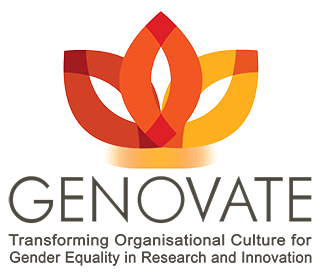 The GENOVATE Community is a platform which enables GENOVATE partners to share institutional information and case studies, and facilitates the coordination of a buddy system for bench learning.
The GENOVATE Community is a platform which enables GENOVATE partners to share institutional information and case studies, and facilitates the coordination of a buddy system for bench learning.
The GENOVATE Community consist of seven GENOVATE partner institutions; the GENOVATE International Advisory Board; key strategic collaborators and stakeholders and the general public. It is a mechanism designed to facilitate meaningful knowledge exchange across the community at local, national and international levels within each of the partner institutions’ countries, across Europe and globally.

LTU Grants Office hosts today an Information Day on SSH at Luleå University of Technology together with Anna Halldén, National Contact Point (NCP) Vinnova. Horizon 2020 aims at including SSH as a cross-cutting issue and consequently it is embedded into each pillar and objective of Horizon 2020. The idea is to fully integrate the STEM (Science, Technology, Engineering and Mathematics) disciplines together with the SSH tackling the complex societal issues of European societies.
The LTU GENOVATE team presents GENOVATE with funding from EU FP7 Science in Society as one of the goods example of ongoing projects. The aim is to highlight the many opportunities for SSH researchers and inter-disciplinary research and innovation in Horizon 2020.
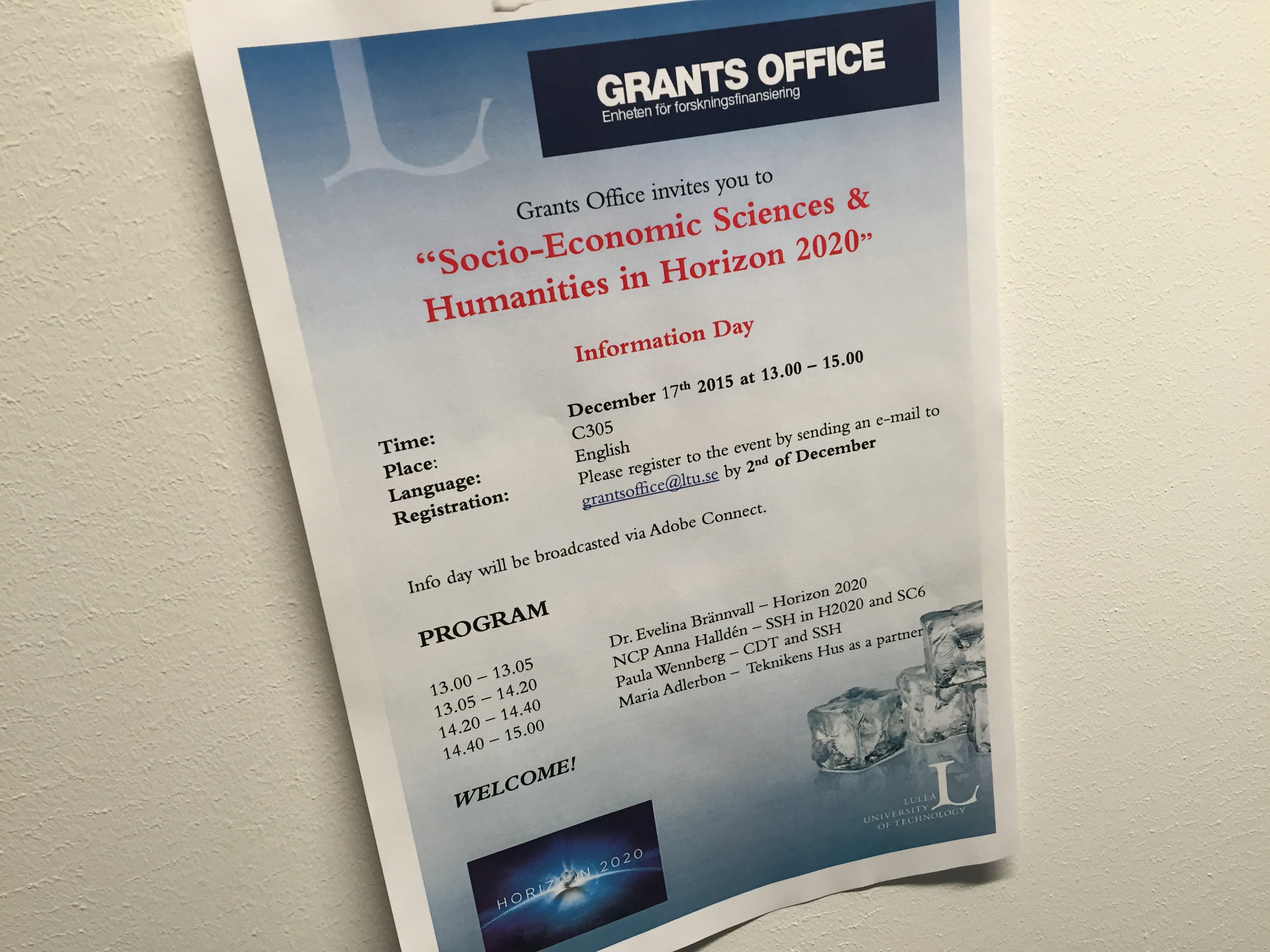

On 16th of December the GENOVATE-UNINA team presented the "Gender Budget" project at a public event dedicated to transparency in the academia, broadcasted in streaming to all of the UNINA community.


The Swedish EU Network for Gender Equality in Academia (SENJA) had a F2F meeting with Swedish members of FESTA, GENOVATE, GenPORT and GEDII in Stockholm on November 23, 2015. LTU also had an opportunity to present SENJA and GENOVATE to the Swedish Research Council Formas and participate in the launch of their new report: Sustainable future through excellence in research and development.
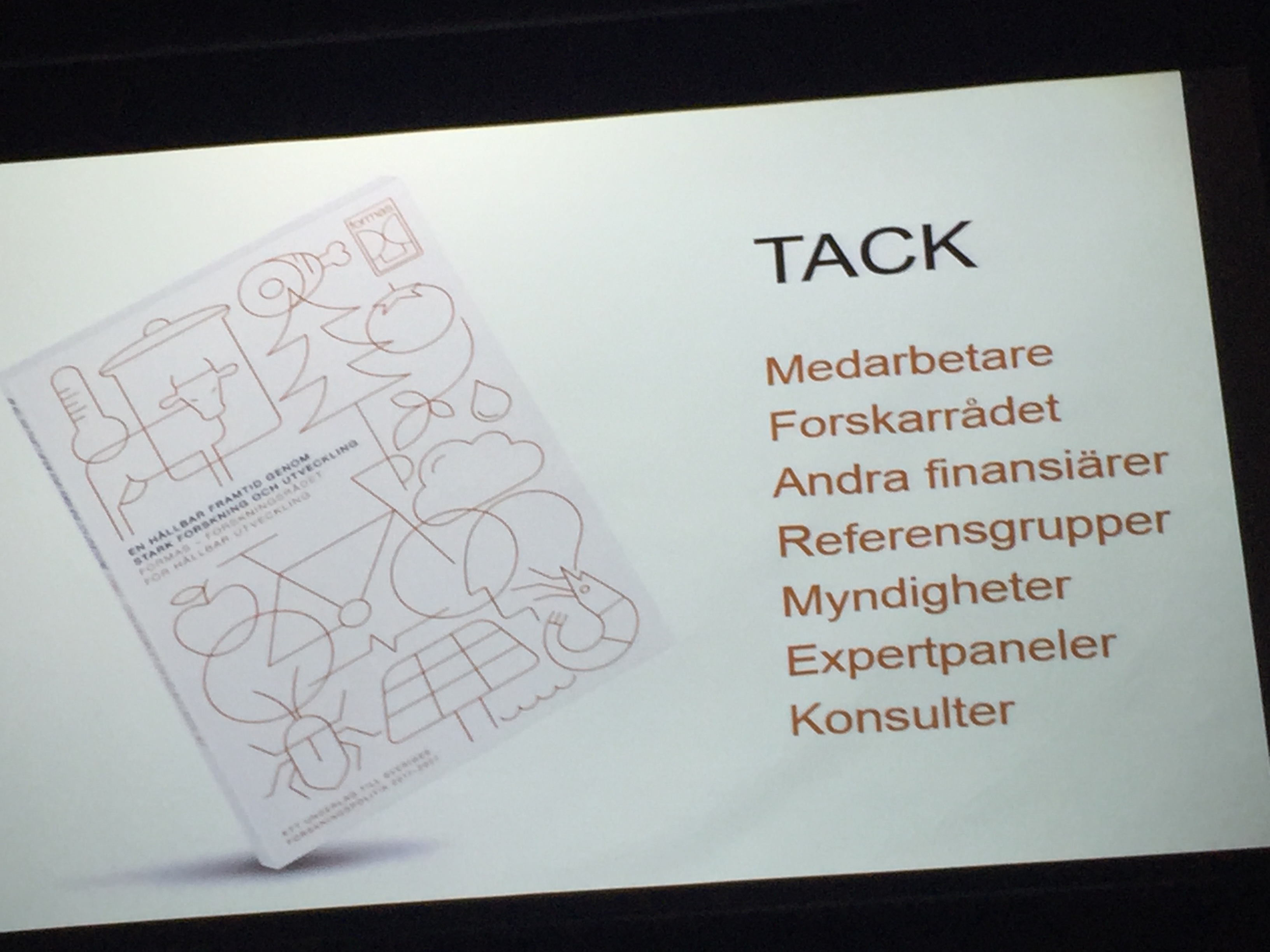

The OPTi H2020 project has a F2F meeting in Stuttgart, Germany on December 8-10, 2015. OPTi aims to contribute to next-generation district heating and cooling systems with a user-centric design. Some of current highlights are: Passed Milestone 1 – Analyse, the design of a concept for consumer interaction and the first prototypes developed by the project. Regarding the cross-cutting theme of gender mainstreaming, a gender perspective has been integrated in six deliverables since the project start in March. The meeting also provides feedback on the first prototype of the GENOVATE Gender and Diversity Toolkit which is one the GENOVATE deliverables.
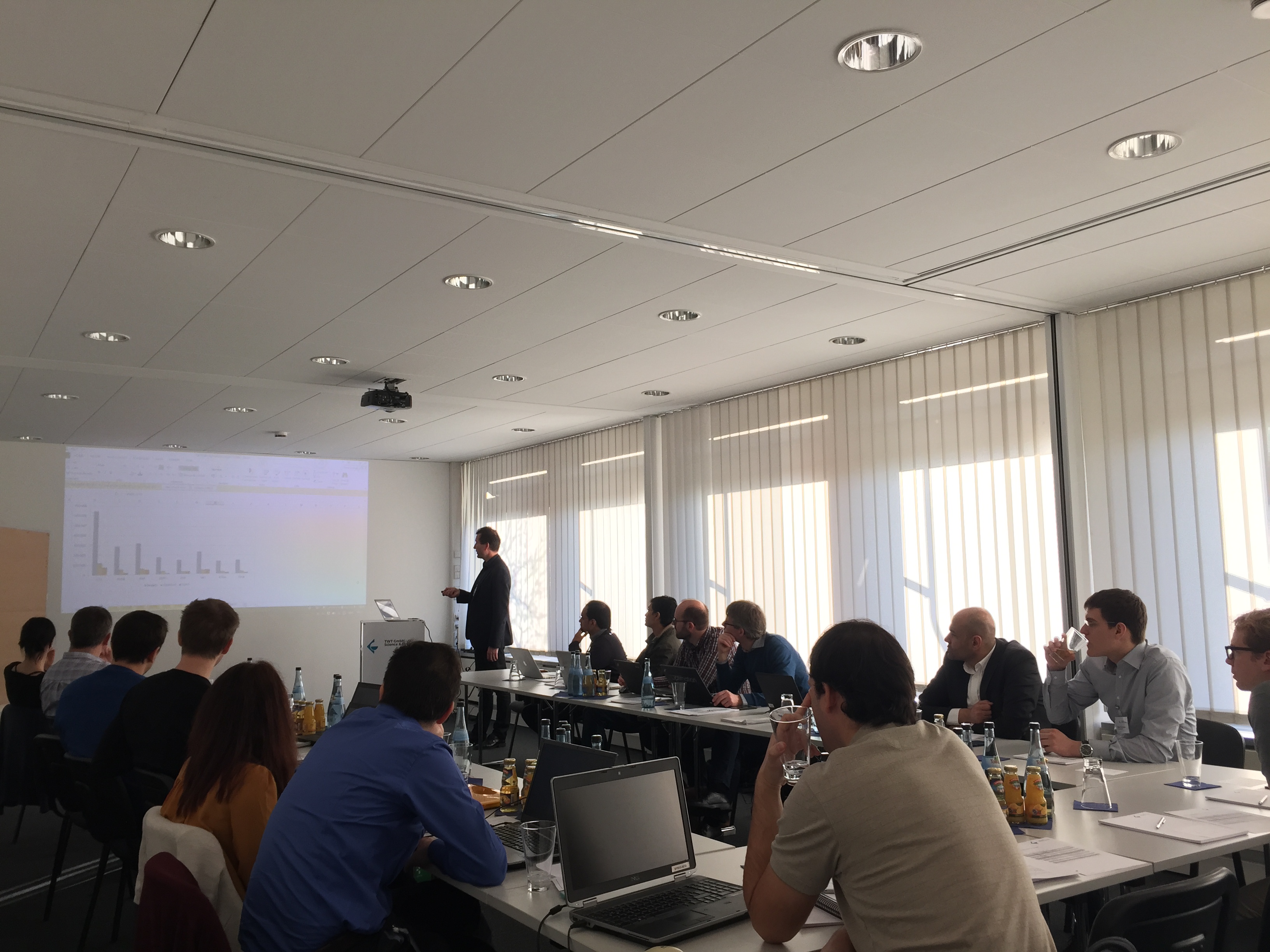
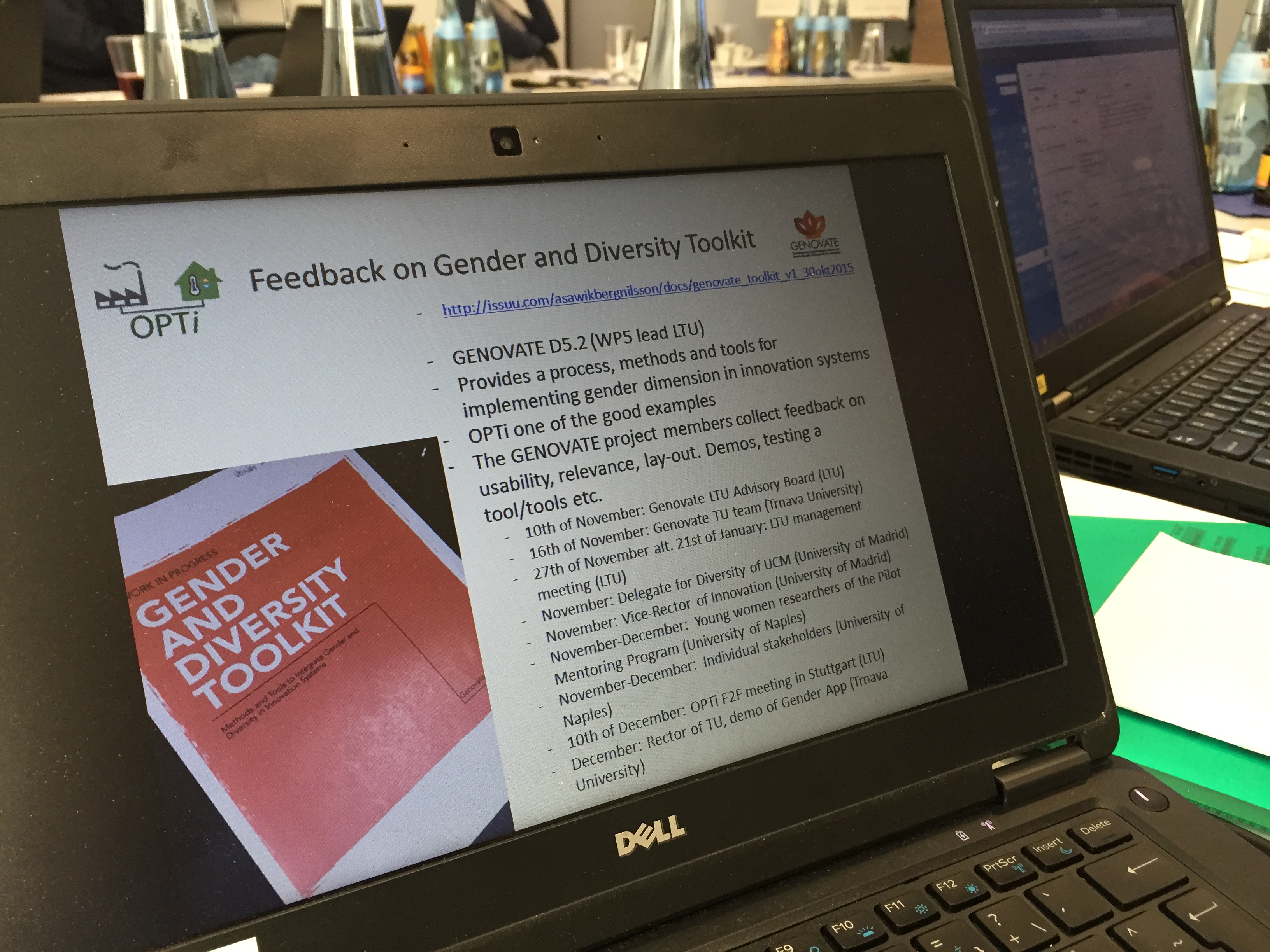

A new project (FUI - data centers) had a kick off on November 30, 2015 at Luleå University of Technology with about 30 participants from academia and industry. This project has focus on development of the data center industry, based on the regional data center strategy that has been developed for the Northern Sweden. The project aims to create a world leading region for data center establishments. As women are still not choosing tech careers it limits the pool of qualified people available and this is one of the drivers of the project to strive for a more inclusive working environment in the data center industry.
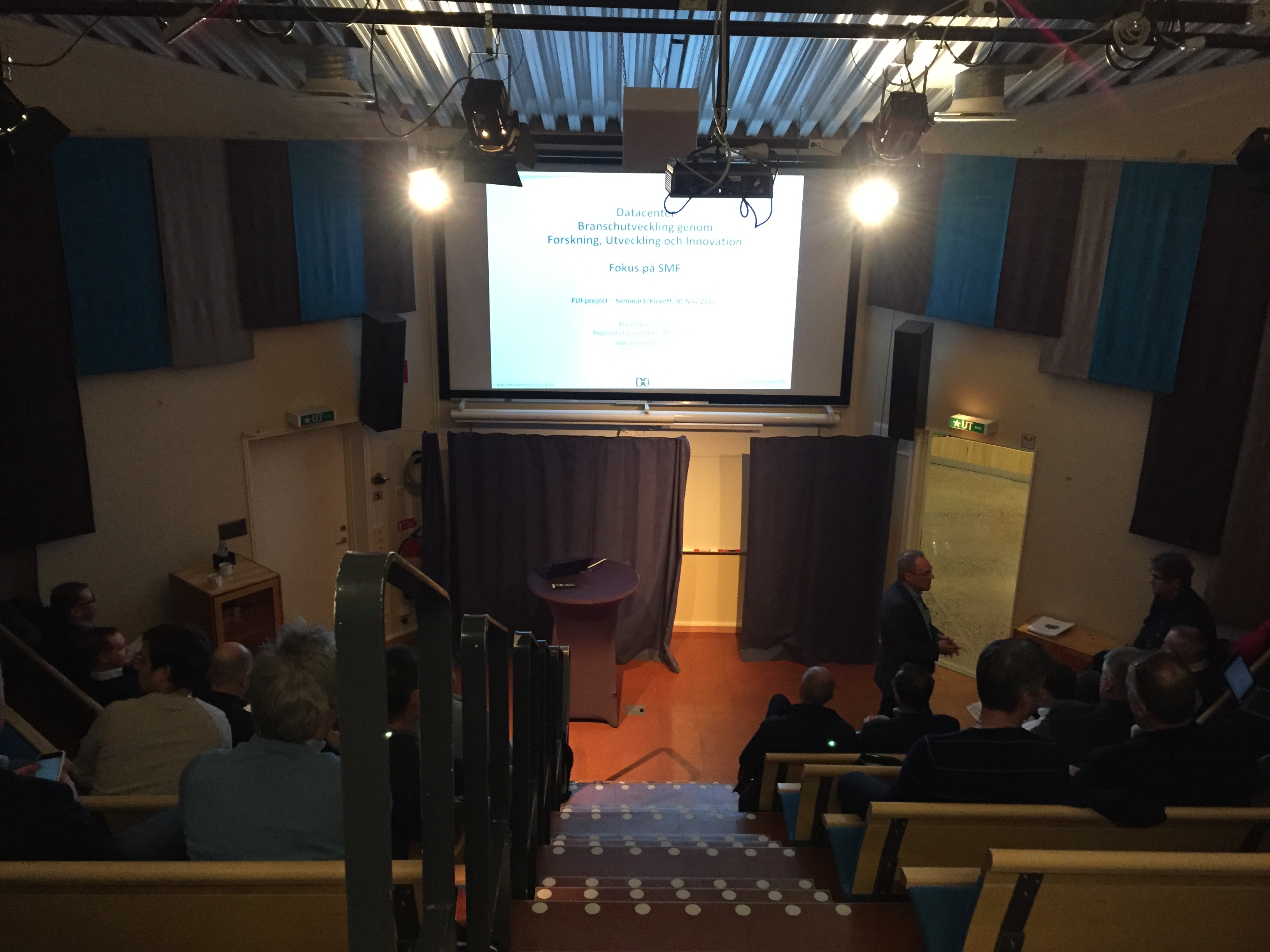
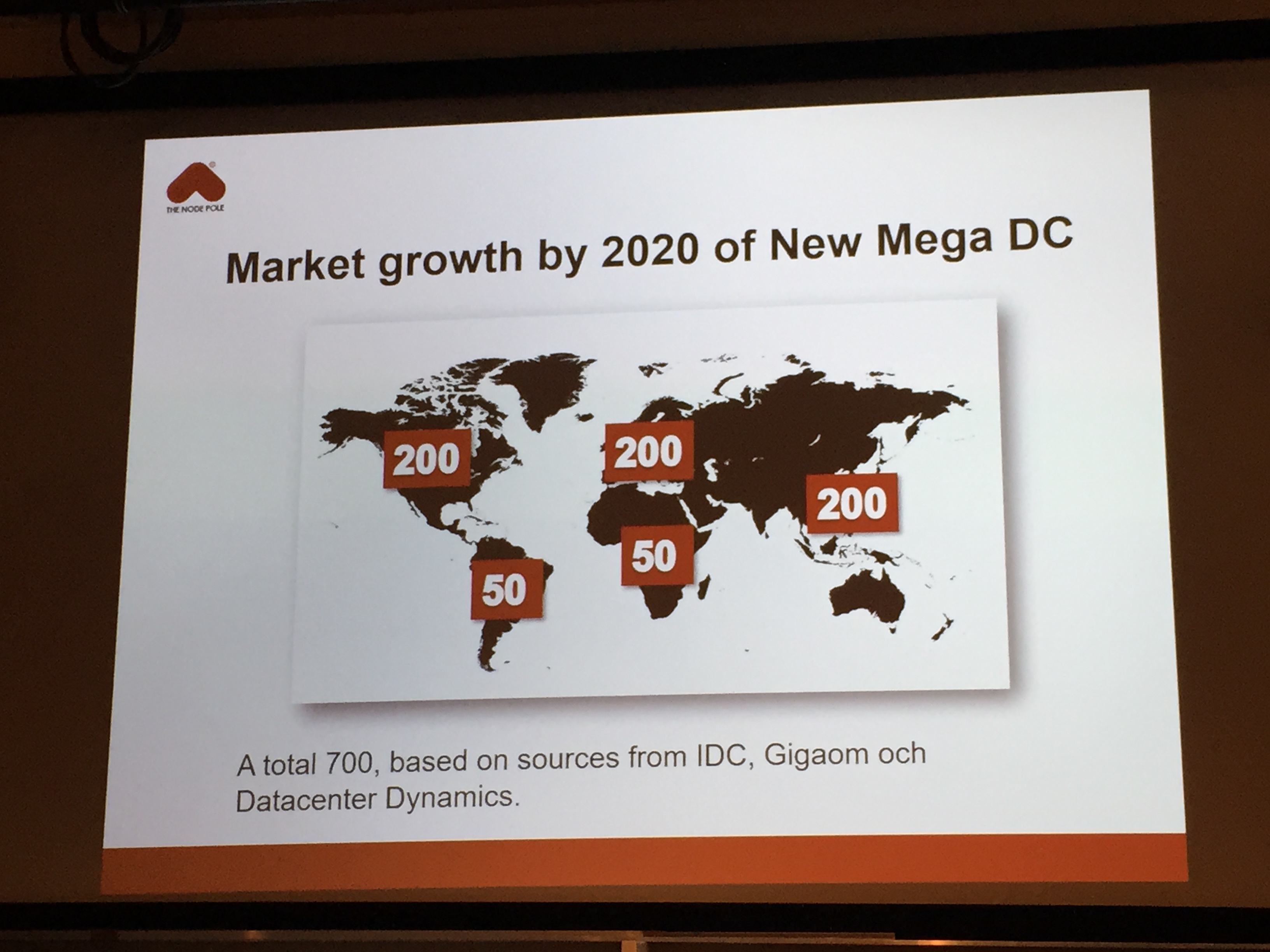
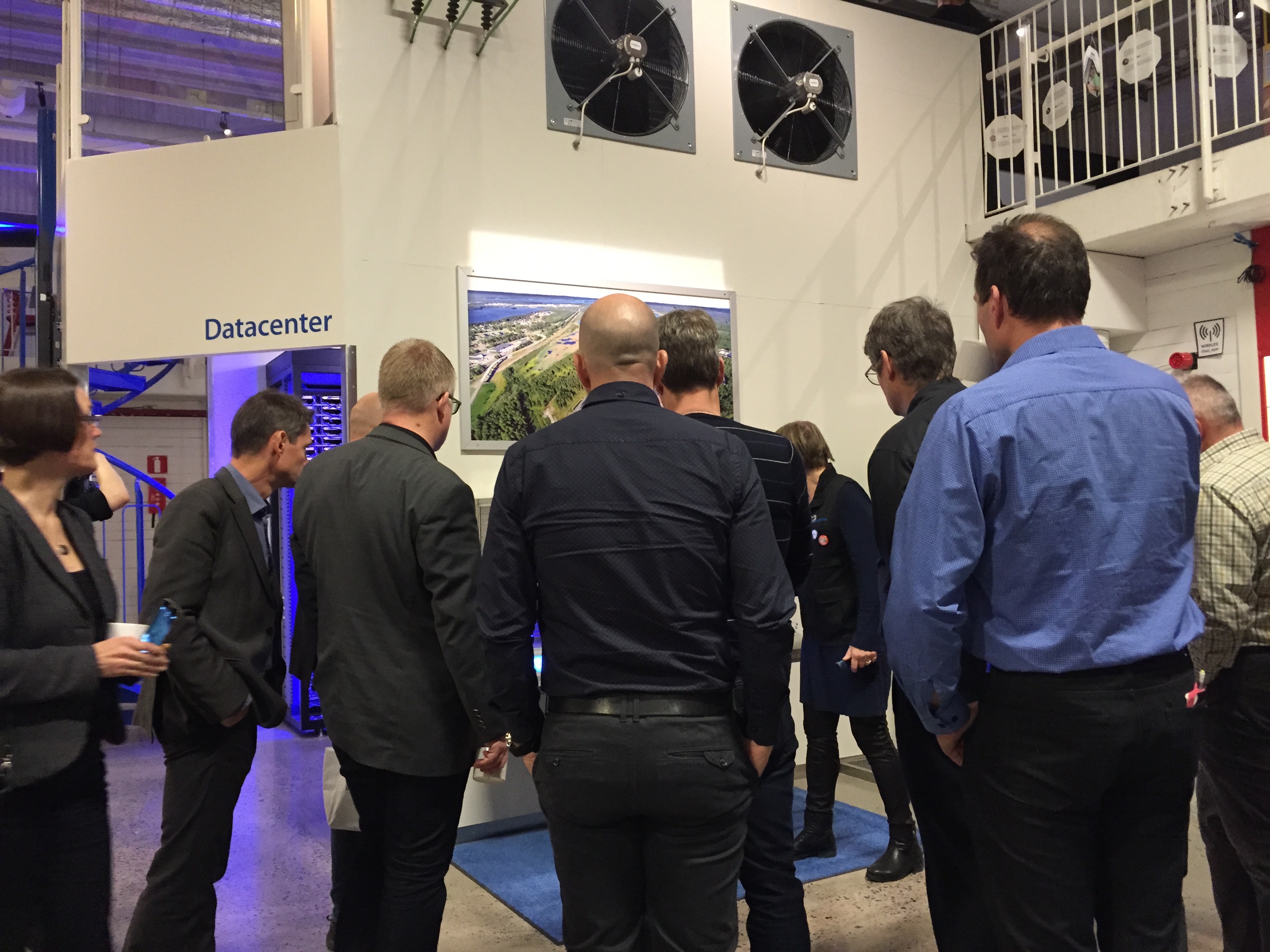

The Swedish EU network for gender equality in academia (SENJA), had a keynote in the national gender equality conference held in Uppsala, Sweden on October 22-23, 2015. The SENJA members come from ongoing FP7 and H2020 gender projects: FESTA, GenderTime, GENOVATE, GenPORT, genderSTE and GEDII. Swedish experiences of EU gender equality projects were highlighted by the FESTA team in this keynote speech. The two-day conference attracted 100 participants http://akkonferens.slu.se/likavillkor2015/
Powered by Multicategories for Joomla!2.5